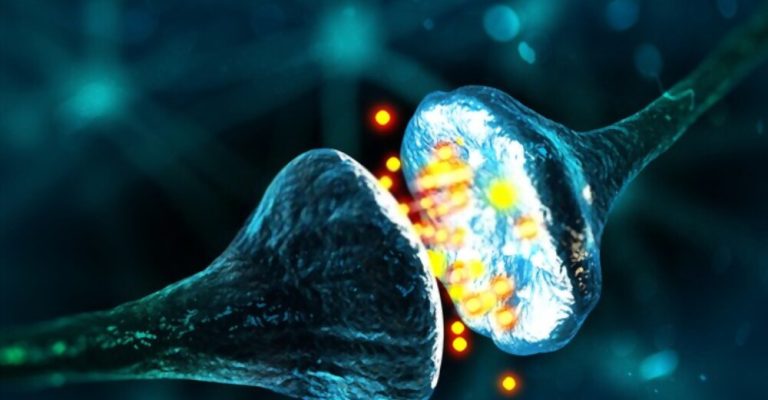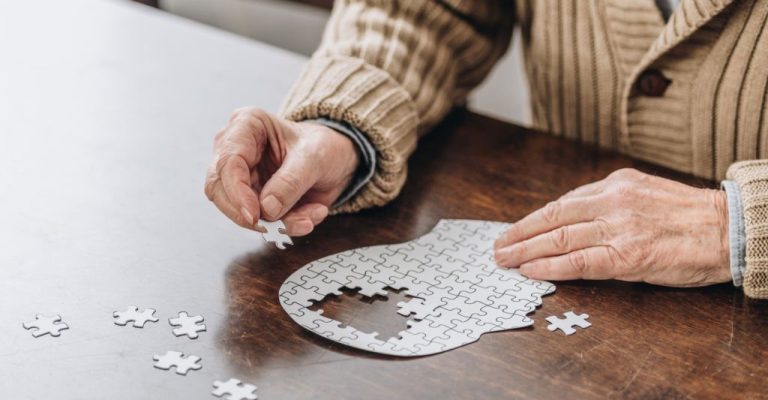
Are you looking for ways to boost your mind and increase mental stimulation? With the help of cognitive rehabilitation exercises, you can improve your thinking skills, memory, and concentration. Cognitive rehabilitation exercises are designed to strengthen existing neural pathways in the brain as well as create new ones.
These activities involve strategically breaking down complex topics into manageable steps or tasks that improve higher-order cognition, such as problem-solving and logical thinking. Regularly practicing these activities can enhance our ability to process information more quickly and accurately.
Read on to learn about several cognitive rehabilitation exercises that will have your brain working at its best!
According to studies, the best way to maintain cognitive function is to practice mental and physical exercises regularly and maintain a healthy lifestyle.
Researchers tracked over 196,400 people aged 60 and above who did not have dementia or cognitive impairment at the time of enrollment in a research published in July 2019 in The Journal of the American Medical Association.
In addition, researchers asked individuals about their current smoking status, level of physical activity, food quality, and alcohol usage. Scientists concluded that those who maintained a healthy lifestyle had a decreased chance of developing Alzheimer’s disease and other forms of dementia.
Moreover, this effect was shown even after controlling for genetic susceptibility to these conditions.
July 2020 research published in Neurology indicated that persons who engage in a number of healthy habits had a far lower chance of developing Alzheimer’s disease, the most prevalent type of dementia.
The research monitored approximately 2,800 persons for around 6 years to determine the effects of 5 healthy lifestyle habits on the risk of developing Alzheimer’s disease. These practices included not smoking, daily physical exercise, low to moderate alcohol use, following a Dietary pattern, and participating in activities that increase cognitive abilities.

Maintaining a healthy diet and exercise routine may aid in protecting brain tissue from damage. Idleness and routine avoidance are also important. The mind is eager to take in new information. When individuals stop paying attention to their surroundings, they may be more at risk for developing dementia, according to some studies.
In addition, the brain tends to waste away when it isn’t being actively used. Hence, spending time in front of the TV for long periods every day or engaging in other similarly inactive and unproductive activities may harm brain health.
Moreover, physical activity has been shown to affect the brain positively. For example, in a research released in September 2018, scientists discovered something very interesting. They have shown that low-intensity static bicycling for 10 minutes enhanced activity in the hippocampus, the brain region involved in learning new and retaining information.
According to modest research published in a journal, more brain activity was seen after one moderate-intensity exercise program before a cognitive test.

Now, let’s go further into the 10 brain-boosting activities that have been shown to work the best by scientific research.
Spending time with friends is a relaxing pastime that may be cognitively stimulating. The risk of dementia and cognitive impairment was shown to be lower in persons with more social contacts, according to research published in 2019.
The following are examples of group activities that may be mentally stimulating:
In most cases, meditating entails concentrating with a steady, even gaze. There may be many positive effects of meditation on the body and mind. For example, the National Center for Complementary and Integrative Healthcare reports that meditation may improve cognitive function by delaying the signs of aging and boosting memory.
A meta-analysis conducted in 2012 confirmed the significant cognitive advantages of bilingualism.
Several studies have shown that being multilingual may increase a person’s memory, spatial awareness, and inventiveness. Learning another language can help you multitask more efficiently and prevent the start of cognitive decline as you become older.
The best part is that you can always benefit from learning a new language, regardless of how old you currently are. Studying a new language, regardless of age, has increased cognitive abilities, including memory.
Sleep is not a physically demanding activity, but it is vital for maintaining healthy brain and body function.
Despite needing approximately 7 to 9 hours of sleep nightly, many individuals only obtain around 6 hours of sleep regularly, as the National Institute of Neurological Disorders and Stroke reported.
According to a review published in 2015, sleep has been shown to do the following.
So, one of the best ways to ensure one’s brain stays healthy is to obtain enough sleep every night.
The Centers for Disease Control and Prevention report that expanding one’s dance expertise improves one’s cognitive abilities and memory. To rephrase, show some dancing moves on the dance floor if you want to improve your cognitive abilities.
Feel like giving it a try? You should try out one of these dances:
A jigsaw puzzle is a great method to exercise your brain, even if you’re building a 1,000-piece picture of the Eiffel Tower or combining 100 pieces to create Cartoon Characters.
Solving jigsaw puzzles benefits your brain in more ways than one, including slowing the effects of aging on your visual and spatial cognition.
To put it another way, in order to complete a jigsaw puzzle, one must examine the individual parts and determine how they relate to the whole. It’s a good method to put your mind to the test and get some mental workouts.
Do you want an easy way to increase your creative brainpower? The answer may lie in turning on some music.
According to a 2017 study, listening to happy tunes helps generate more innovative solutions compared to being in silence. Cooking up some feel-good music can help boost your creative thinking and brain power.
And if you want to learn how to play music, now is a great time to start because your brain can learn new skills at any point in your life. That’s why you’re never too old to start playing an instrument like the piano, guitar, or even the drums.
It’s common knowledge that tai chi is good for physical and emotional well-being. In addition, it may provide a stabilizing influence during the emotional upheaval.
Regular tai chi practice has been shown to promote mental health in several ways, including stress mitigation, sleep quality, and information retention. In addition, there was research done in 2013 that revealed regular tai chi practice led to anatomical changes in the brain that increased brain volume.
If you’re just starting out, it’s preferable to enroll in a class to master the basic moves. However, learning the fundamentals of tai chi will allow you to practice whenever and wherever you choose.
In addition to being a good mental workout, number puzzles like sudoku are also a lot of fun. Some individuals may also see an improvement in their cognitive abilities. For example, one group of seniors aged 50-93 in a 2019 research was shown to have a higher cognitive function if they regularly worked on numerical puzzles.
Remember these four facts about the next person you talk to. Maybe you pay attention to the shade of their clothing. Have they had spectacles on? Is there a hat on their head? If so, what style is it?
After selecting your top four items, jot them down in your head and give them another thought later. Then, record anything you can recall about those 4 points.

Training the brain in basic, routine activities is a great brain workout. But on the other hand, cognitive rehabilitation exercises are aimed toward a certain cognitive function, such as memory, cognition, or inspiration.
Some evidence suggests mental exercise might enhance brain function and increase communication across various parts of the brain. This has the potential to halt the deterioration of brain tissue that comes with becoming older.
There’s a good chance that the mental workouts most people like will vary. So, some experts recommend experimenting with many types of brain-training exercises before settling on the ones you find most fun or beneficial.
References:
https://pubmed.ncbi.nlm.nih.gov/31302669/
https://pubmed.ncbi.nlm.nih.gov/32554763/
https://www.pnas.org/doi/10.1073/pnas.1805668115
https://www.nccih.nih.gov/health/meditation-and-mindfulness-what-you-need-to-know
https://journals.plos.org/plosmedicine/article?id=10.1371/journal.pmed.1002862
https://www.frontiersin.org/articles/10.3389/fpsyg.2020.01458/full
https://www.ninds.nih.gov/brain-basics-understanding-sleep-archived
https://www.ncbi.nlm.nih.gov/pmc/articles/PMC4651462/
https://www.cdc.gov/aging/publications/features/alzheimers-and-exercise.html
https://journals.plos.org/plosone/article?id=10.1371/journal.pone.0182210